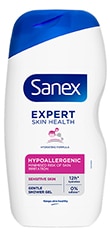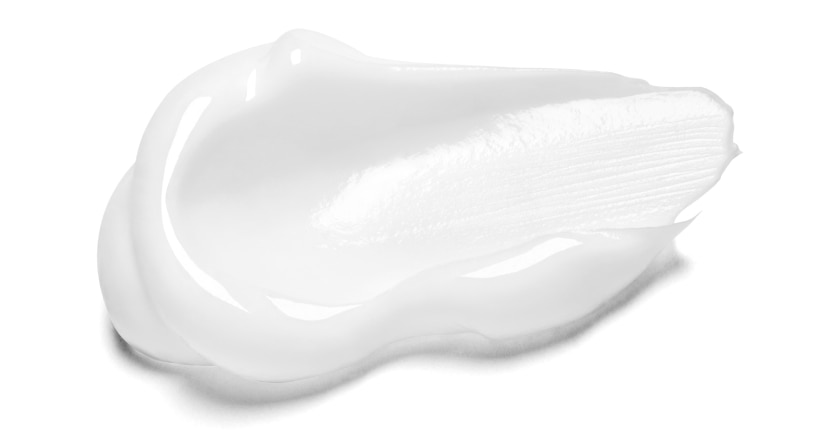How to care for eczema-prone skin: Symptoms, causes, treatment and prevention advice
What causes eczema?
Eczema is a skin condition rather than a skin type and is thought to be caused by a number of factors including genetics, a low immune system and environmental triggers such as allergies. It’s also particularly common amongst babies and children. These triggers can weaken the skin’s natural barrier function which means the skin can’t hold onto water as well as it should. The skin then becomes drier and more sensitive.
“The term eczema is a general term but often used to refer to atopic dermatitis, a genetic condition where patients develop red scaly plaques, especially on the inside of the elbow, cheeks, and behind the knees,” explains Dr. Zac Handler, consultant dermatologist. “The condition, often appearing in childhood, is still being understood, but is viewed as a systemic inflammatory condition, with manifestations on the skin”.
How do I know if I have eczema?
Eczema is best described as inflammation of the skin and usually appears as a red, itchy rash or dry patch. Unlike dry skin types, eczema is slightly more unpredictable and a flare up can occur at any point. You may find that your eczema is worse when you feel stressed, have an allergy such as hayfever or haven’t had enough sleep. Over time you may be able to pinpoint a particular trigger which may help you manage it a little better.
Are there different types of eczema skin conditions?
According to the United States of America National Eczema Association, there are several different types of eczema. These include contact dermatitis, atopic dermatitis, seborrheic dermatitis and nummular eczema. Each form creates itching and redness in the skin while blistering, weeping and peeling of the skin can occur with more severe cases. Make sure you visit your doctor to determine the type of eczema you have and the best way of treating it.
How can I care for my dry skin and eczema?
Eczema should be treated with emollient-rich creams designed to calm down inflammation in the skin and soothe itching. In very severe cases of eczema, you may be prescribed steroid creams by your doctor, but on a day-to-day basis you should avoid products containing fragrance and harsh ingredients.
“Dry skin lesions are due to a skin barrier problem, allowing water to evaporate from the skin,” says Dr. Zac Handler. “This leads to dry itchy skin, which benefits from moisturisers. Additionally, avoidance of drying soaps and fragranced products is important as they may exacerbate an eczema flare. For skin lesions that appear inflamed a topical steroid is often used to reduce the inflammation”.
Use products with minimal formulas
Try using cleansing products with very minimal ingredients. During a flare up, you can also try a bath and shower gel. Your skin should be left feeling soft and comfortable. Follow with a moisturising cream all over your body and face to lock the hydration in.















